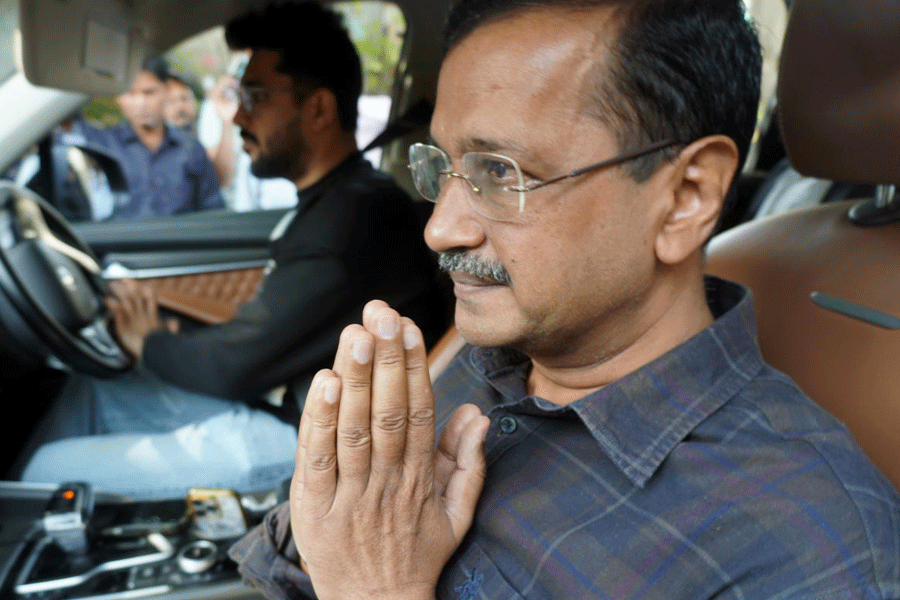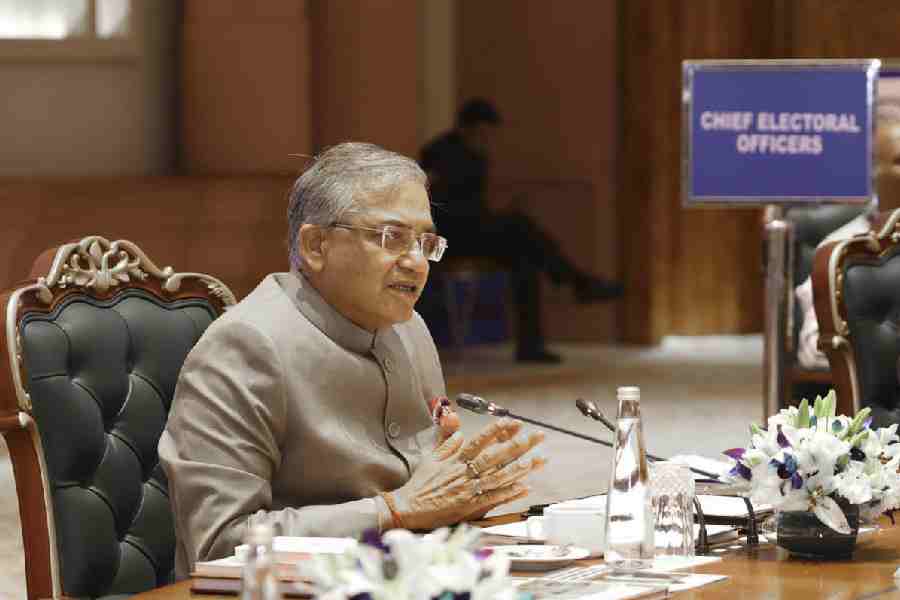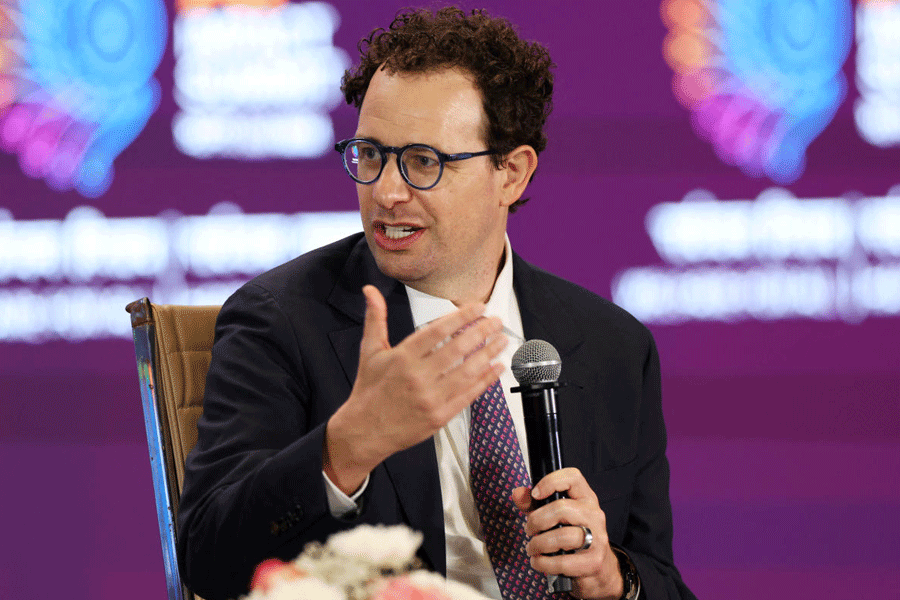 |
| Showing the way? |
Feb. 14: The fall of Hosni Mubarak in Egypt after a popular revolution could lead to sweeping changes in the Islamic world, Muslim scholars and clerics at home said while warning that western powers must not interfere.
Manzoor Alam, who runs the Centre for Objective Studies in Delhi’s Muslim-dominated Jamia Nagar, said: “It is time for Muslim world leaders to introspect. The fall of Hosni Mubarak is a warning signal that people’s aspirations need to be counted.”
He, however, cautioned: “Yeh bahti Ganga mein haath dhone ka waqt nahin hai. Yeh waqt Ganga ko saaf karne ka hai” meaning this is not a time to settle scores, but to cleanse the system.
The radical Jamaat-e-Islami’s central executive member Qasim Rasool Illyas said Mubarak’s fall had clearly shown Arab rulers that the masses yearned for democracy. “It is the writing on the wall for all dictators, kings and despots — time to hand over power to the people. It is a signal to America and western countries too. If the majority of people want a pro-Islamist government, let it be. After all, it is a matter of their choice and destiny.”
Referring specifically to the Ekhwan-ul-Muslemeem or the Muslim Brotherhood in Egypt, he said: “Ekhwan-ul-Muslemeem has a mass following. If it wins elections in Egypt or is chosen to fulfil the aspirations of the Egyptians, America should not come in the way.”
Lawyer Yusuf Hatim Muchhala said the military’s role in Egypt should be brief till “genuine democracy” becomes functional.
“The will of the people must reflect in action. In the entire region there is a pressing need for good governance, functional civil society, equality and justice,” Muchhala, an influential member of the All India Muslim Personal Law Board, said. “There is a lesson for the West too. They should stop patronising awful dictators, undemocratic despots and cruel rulers in the Middle East and the rest of the Arab world.”
Alam said Muslims in the country were worried about Tahrir Square’s influence in neighbouring Saudi Arabia. “I hope and pray that all future developments are peaceful and democratic,” he said. Indian Muslims have strong emotional links with Kind Abdullah of Saudi Arabia who had stood by Mubarak till the very end. The Saudi king is revered because he is the official custodian of the mosques in Mecca and Madina.
The royal house of Saud should think about other models to sustain the monarchy, Alam said.
The Urdu media, too, has been brimming with coverage of Egypt. Leading Urdu papers mocked Mubarak with headlines such as “Bhag Mubarak Bhag (Run Mubarak, run)”, said Masoom Mooradabadi, editor of the Delhi-based Urdu daily, Jadid Khabar. “There is a very strong feeling against the western rulers in our reports as they are trying to run puppet governments.”
Masoom said Egypt had a special place for Muslims in India as it has been the home to the famous Al-Azhar University, where Maulana Abul Kalam Azad has studied.










